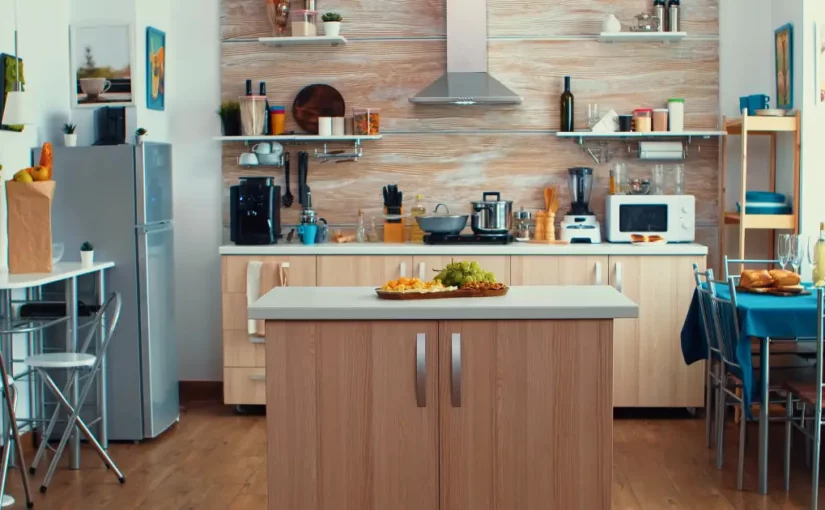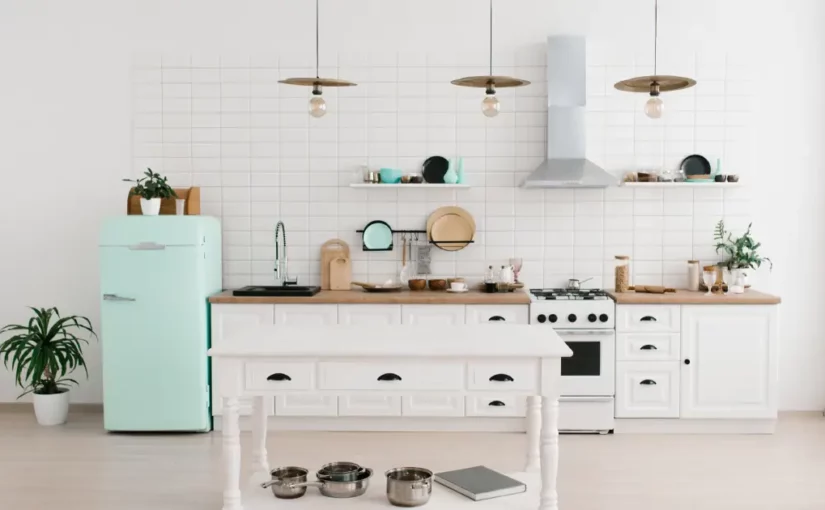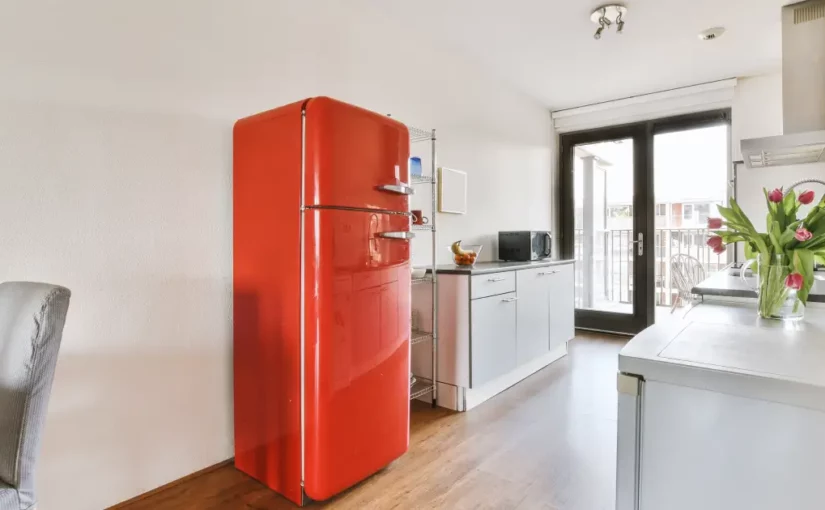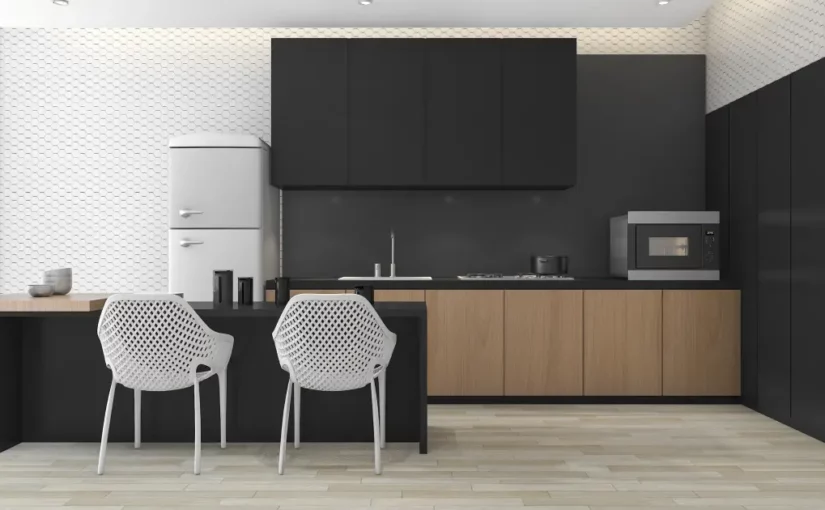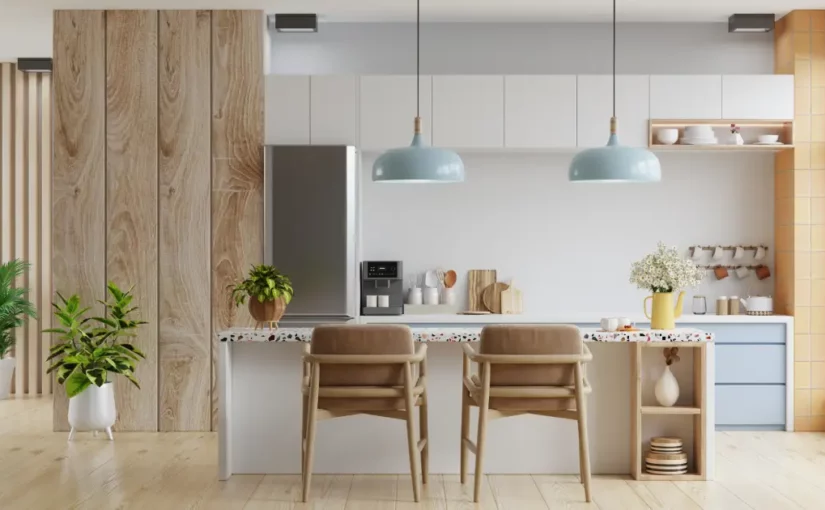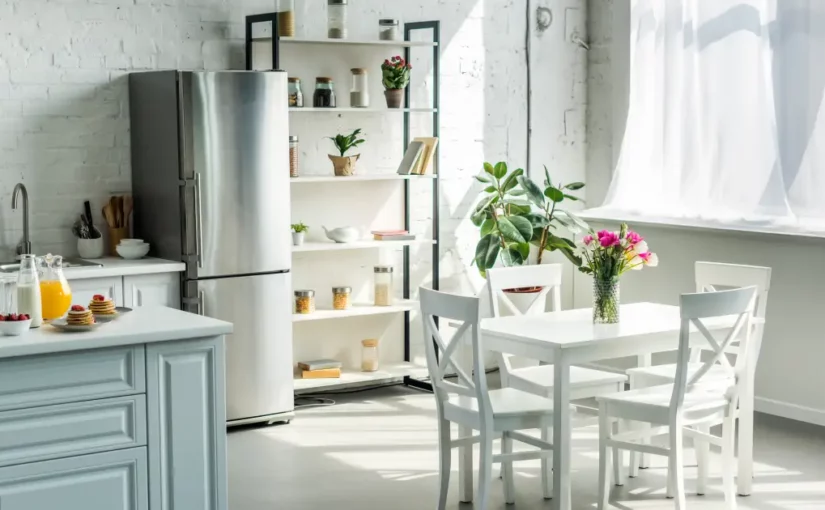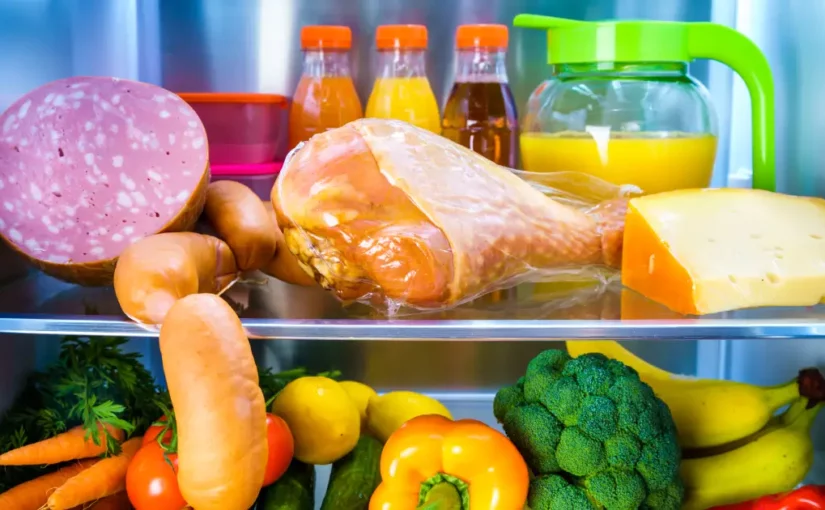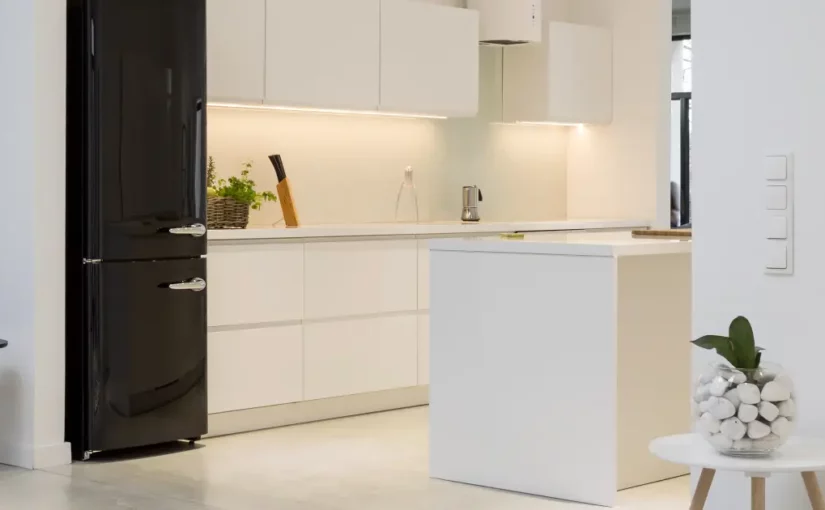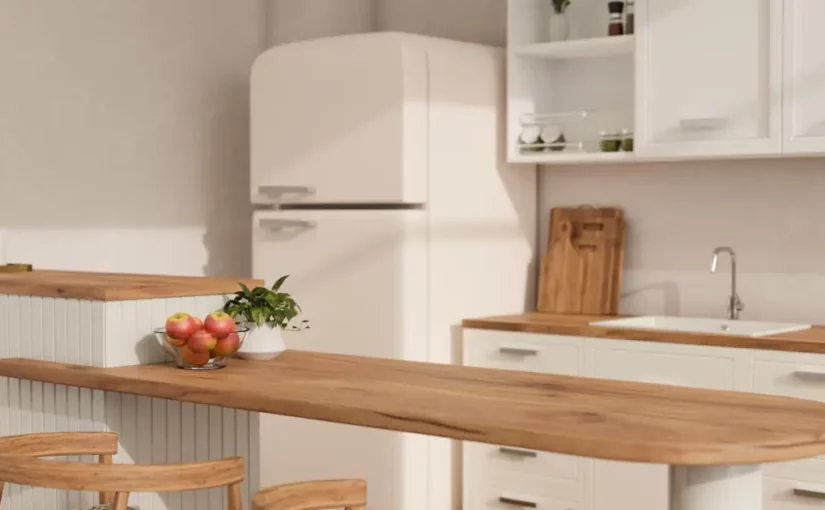Refrigerators keep food fresh, but not everything belongs inside them. If you plan to buy a refrigerator in Dubai, knowing proper storage helps you get the most out of your appliance. At SANMICA, we guide customers in making smart food storage choices. Let’s break down common myths and reveal the facts.
Myth #1: All Fruits and Vegetables Stay Fresh Longer in the Fridge
Fact: Some Spoil Faster in Cold Storage
While refrigeration extends the life of many fruits and vegetables, some spoil more quickly. Examples include:
- Bananas: Cold temperatures turn them black and mushy.
- Tomatoes: The fridge ruins their texture and flavor.
- Potatoes and Onions: Moisture causes them to spoil quickly.
Store root vegetables and some fruits at room temperature. Refrigerate leafy greens, carrots, and berries. Also, keep apples and pears away from ethylene-sensitive produce to prevent early ripening.
Myth #2: Bread Lasts Longer in the Refrigerator
Fact: Refrigeration Dries It Out
Bread becomes stale faster in the fridge because cold air removes moisture. Store it in an airtight container at room temperature or freeze it. Freezing keeps it fresh longer, and you can thaw slices as needed without affecting texture.
Myth #3: Eggs Must Always Be Refrigerated
Fact: Storage Depends on Location
In the UAE, workers wash eggs, which removes their protective coating. If you purchase a refrigerator in Dubai, keep eggs inside it to maintain freshness. In some countries, unwashed eggs stay safe at room temperature. Always store eggs in their original carton to prevent contamination and extend their shelf life.
Myth #4: Coffee Stays Fresher in the Refrigerator
Fact: Fridge Storage Ruins Flavor
Coffee beans absorb odors and moisture, which alters their taste. Store them in an airtight container in a cool, dry place instead. If you buy coffee in bulk, freeze small portions in sealed bags to maintain freshness.
Myth #5: Honey Needs Refrigeration to Stay Fresh
Fact: Honey Stays Safe at Room Temperature
Refrigerating honey makes it crystallize, making it harder to use. Keep it in an airtight container at room temperature. If it thickens, warm the jar in water to restore its smooth texture.
Myth #6: All Dairy Must Be in the Coldest Part of the Fridge
Fact: Different Dairy Products Need Different Storage
Milk and yogurt need refrigeration, but butter and hard cheese store well in warmer sections. Butter can sit at room temperature for short periods.
Always keep soft cheeses, like cream cheese, in the fridge. Aged cheeses last longer when wrapped in parchment paper. This helps control moisture.
Myth #7: Opened Canned Food Must Always Be Refrigerated
Fact: Some Canned Foods Stay Safe at Room Temperature
Opened meats and dairy-based sauces need refrigeration. You can store foods with high acidity, such as tomatoes, in sealed containers at room temperature briefly. Always transfer canned food into a glass or plastic container before refrigerating to prevent contamination from the metal can.
Myth #8: Leftovers Stay Safe in the Fridge Indefinitely
Fact: Leftovers Have a Limited Shelf Life
Refrigeration slows spoilage, but leftovers should be eaten within 3-4 days. Label containers with dates to track freshness. Use airtight containers to keep the flavor and stop contamination. When reheating, ensure the food reaches a safe internal temperature to kill bacteria.
Myth #9: Refrigeration Kills All Bacteria
Fact: It Only Slows Bacterial Growth
Cold temperatures prevent bacteria from multiplying quickly, but they don’t eliminate them. Harmful pathogens can survive in the fridge. Clean up spills often and follow proper food handling practices.
Myth #10: Condiments Last Forever in the Fridge
Fact: Condiments Have Expiry Dates
While ketchup, mustard, and soy sauce last longer when refrigerated, they still expire. Check labels and discard expired condiments to maintain freshness and safety.
Pros and Cons of Storing Everything in the Fridge
Pros:
- Extends the shelf life of perishables
- Slows bacterial growth in dairy and meats
- Reduces food waste by preserving leftovers
- Keeps beverages and condiments at an optimal temperature
- Prevents certain foods from spoiling too quickly
Cons:
- Some foods lose flavor and texture
- Some products deteriorate quickly because of high moisture
- Overloading reduces cooling efficiency
- Incorrect storage can accelerate food spoilage
- Some foods absorb unwanted fridge odors
Tips for Optimal Food Storage
- Organize Your Fridge: Keep raw meats on the bottom shelf to avoid contamination.
- Use Clear Containers: Easily identify stored foods to reduce waste.
- Monitor Temperature: Keep your refrigerator at or below 4°C (40°F) to maintain food safety.
- Avoid Overpacking: Proper airflow ensures even cooling and prevents spoilage.
- Check Expiry Dates: Rotate foods regularly to avoid expired products.
- Keep Dairy Away from the Fridge Door: Temperature changes can cause spoilage.
- Store Herbs Properly: Keep fresh herbs in jars of water with plastic covers to extend their life.
- Keep Citrus Fruits Dry: Moisture causes mold; store them in a breathable container.
Final Thoughts
If you buy a refrigerator in UAE, knowing proper food storage ensures efficiency. At SANMICA, we help customers buy a refrigerator that fits their needs and provide expert storage tips. Storing food correctly keeps it fresh, flavorful, and safe for longer. By following these strategies, you can reduce waste, save money, and keep your kitchen running efficiently.
Choosing the right refrigerator helps preserve food quality. Whether you shop for a refrigerator in Dubai for a large family or a small space, make a smart choice. Proper storage, regular cleaning, and smart organization will help you get the most out of your fridge for years to come.

